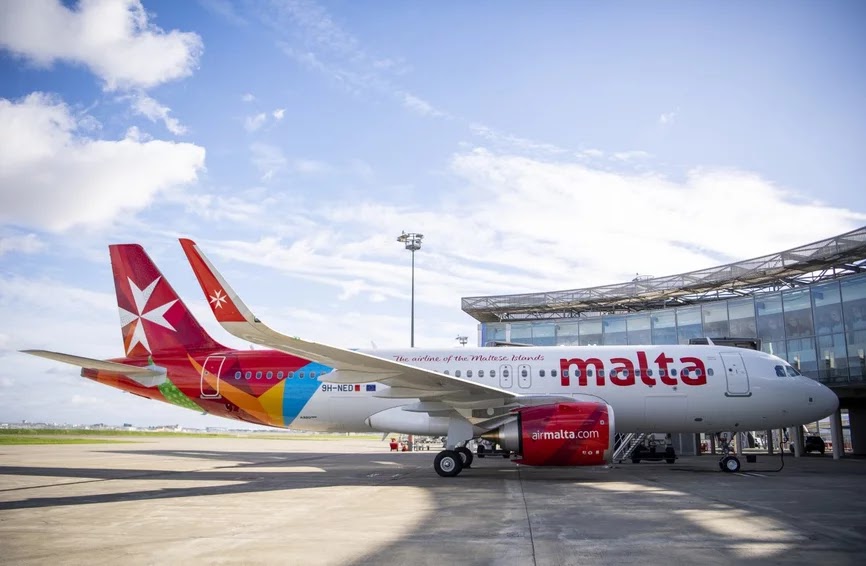As previously reported by the Maltese newspaper Times of Malta, Curmi mentioned that all 300 Air Malta employees will be laid off but will have the opportunity to seek employment with the new airline.
Curmi assured a smooth transition for passengers, as the old airline will maintain operations until the new one takes over.
Airlinerwatch previously reported that the Maltese government intended to establish a new national airline to succeed Air Malta.
Also read: Air Malta Reportedly to Dissolve by Year-End, Government Plans New Leaner Airline
This new airline will be developed from the ground up, with updated employment conditions for staff, particularly pilots, who will be expected to match the same working conditions as their counterparts at competing airlines in terms of flight hours.
In 2022, Finance Minister Clyde Caruana stated that Air Malta needed a capital infusion, with the timing and method dependent on the European Commission's decision.
A year prior, he cautioned that without approval from Brussels, Air Malta would only have weeks to survive.
Air Malta has been undergoing a difficult restructuring process as the government seeks the European Commission's approval to support the airline.
Caruana previously announced a voluntary employee transfer scheme in an effort to reduce Air Malta's workforce by 50% and save €15 million annually in wages.
Pilots were not included in this recent initiative since Air Malta had already dismissed 69 pilots in the summer of 2020 following failed negotiations with the Airline Pilots Association.
The government submitted a formal state aid application in October 2020 to provide financial assistance to Air Malta, which had been severely impacted by the pandemic.
In 2012, Air Malta received a €200 million state aid injection, as well as additional capital injections from strategic asset sales to the government.
Air Malta's slots at major airports were even transferred to a separate government-owned company, which leases them back to the airline as a means of protecting these slots in the event of the company's closure.
This new airline will be developed from the ground up, with updated employment conditions for staff, particularly pilots, who will be expected to match the same working conditions as their counterparts at competing airlines in terms of flight hours.
In 2022, Finance Minister Clyde Caruana stated that Air Malta needed a capital infusion, with the timing and method dependent on the European Commission's decision.
A year prior, he cautioned that without approval from Brussels, Air Malta would only have weeks to survive.
Air Malta has been undergoing a difficult restructuring process as the government seeks the European Commission's approval to support the airline.
Caruana previously announced a voluntary employee transfer scheme in an effort to reduce Air Malta's workforce by 50% and save €15 million annually in wages.
Pilots were not included in this recent initiative since Air Malta had already dismissed 69 pilots in the summer of 2020 following failed negotiations with the Airline Pilots Association.
The government submitted a formal state aid application in October 2020 to provide financial assistance to Air Malta, which had been severely impacted by the pandemic.
In 2012, Air Malta received a €200 million state aid injection, as well as additional capital injections from strategic asset sales to the government.
Air Malta's slots at major airports were even transferred to a separate government-owned company, which leases them back to the airline as a means of protecting these slots in the event of the company's closure.

